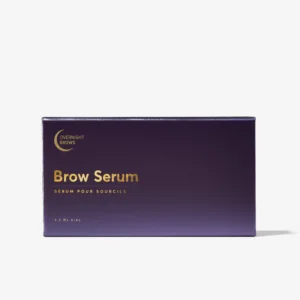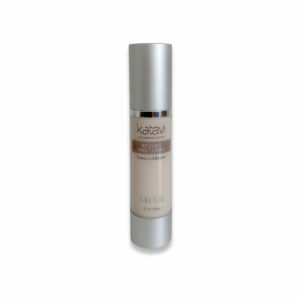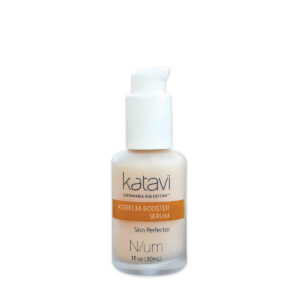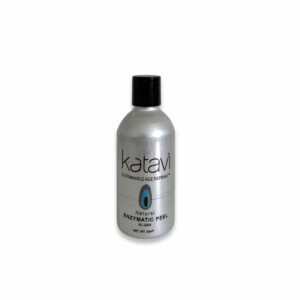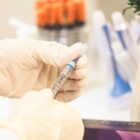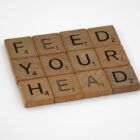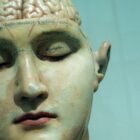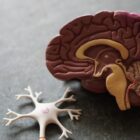- Unveiling the Connection Between Testosterone and Motivation
- Exploring the Impact of Testosterone Deficiency on Mental Health
- The Role of Testosterone Replacement Therapy in Addressing Lack of Motivation and Depression
- Mechanisms of Action: How TRT Enhances Motivation and Mood
- Considerations and Potential Risks of Testosterone Replacement Therapy for Lack of Motivation and Depression
- Snippet
Unveiling the Connection Between Testosterone and Motivation
Testosterone, often associated with physical traits like muscle mass and libido, also plays a crucial role in motivation, mood regulation, and overall mental well-being. Research suggests that testosterone influences brain regions involved in motivation, reward processing, and goal-directed behavior, such as the nucleus accumbens and prefrontal cortex. Low testosterone levels have been linked to symptoms of apathy, lack of motivation, and decreased drive to pursue goals or engage in activities. Understanding the intricate relationship between testosterone and motivation is essential for addressing symptoms of low motivation and depression effectively.
Exploring the Impact of Testosterone Deficiency on Mental Health
Testosterone deficiency, also known as hypogonadism, can contribute to symptoms of depression, lack of motivation, and decreased energy levels in some individuals. While the exact mechanisms underlying this relationship are complex and multifaceted, several factors may contribute to mood disturbances in individuals with low testosterone levels. Testosterone plays a role in neurotransmitter synthesis and modulation, including serotonin, dopamine, and noradrenaline, which are essential for mood regulation and motivation. Additionally, testosterone deficiency may lead to alterations in brain structure and connectivity, particularly in regions implicated in mood regulation and reward processing.
The Role of Testosterone Replacement Therapy in Addressing Lack of Motivation and Depression
Testosterone replacement therapy (TRT) offers a potential solution for individuals experiencing lack of motivation and depression associated with testosterone deficiency. By restoring testosterone levels to within the normal physiological range, TRT aims to alleviate symptoms of apathy, improve mood, and enhance overall well-being. Research suggests that TRT may have antidepressant effects and improve symptoms of depression and anxiety in some individuals with hypogonadism. Additionally, TRT has been shown to increase motivation, energy levels, and drive to pursue goals and activities, leading to improvements in quality of life.
Mechanisms of Action: How TRT Enhances Motivation and Mood
TRT may enhance motivation and mood through various mechanisms, including:
- Neurotransmitter modulation: Testosterone influences the synthesis and activity of neurotransmitters involved in mood regulation and motivation, such as serotonin, dopamine, and noradrenaline.
- Neuroprotective effects: Testosterone may exert neuroprotective effects, promoting neuronal survival and synaptic plasticity, which are essential for mood regulation.
- Improvement of energy levels: Testosterone replacement therapy can increase energy levels and reduce fatigue, making individuals feel more motivated and capable of engaging in activities.
- Enhancement of self-esteem: TRT has been shown to improve body composition, muscle mass, and physical appearance, leading to increased self-esteem and confidence, which can positively impact mood and motivation.
By addressing these underlying mechanisms, TRT may help individuals overcome lack of motivation and depression, enabling them to lead more fulfilling and productive lives.
Considerations and Potential Risks of Testosterone Replacement Therapy for Lack of Motivation and Depression
While testosterone replacement therapy holds promise for alleviating symptoms of lack of motivation and depression, it’s essential to consider potential risks and limitations. TRT may not be effective for all individuals with mood disturbances, particularly if other underlying factors contribute to depression. Additionally, TRT may carry risks, including potential side effects such as fluid retention, acne, mood swings, and cardiovascular complications. Therefore, individuals considering TRT for lack of motivation and depression should undergo a comprehensive evaluation by a qualified healthcare provider to assess the potential risks and benefits and develop a personalized treatment plan tailored to their specific needs and circumstances.
In conclusion, testosterone replacement therapy offers a potential solution for individuals experiencing lack of motivation and depression associated with testosterone deficiency. By restoring testosterone levels to within the normal physiological range, TRT may enhance motivation, improve mood, and increase overall well-being. However, it’s essential to weigh the potential risks and benefits of TRT and consult with a qualified healthcare provider to determine the most appropriate treatment approach for addressing symptoms of lack of motivation and depression.
Testosterone Replacement Therapy and Lack of Motivation and Depression – snippet
Discover how testosterone replacement therapy (TRT) can help alleviate lack of motivation and depression associated with testosterone deficiency. Learn about the role of testosterone in mood regulation and the potential benefits of TRT for enhancing motivation and mood. Consult with a qualified healthcare provider to explore personalized treatment options tailored to your specific needs and circumstances.
Related items..
-
AnteAGE® Overnight Brows Serum 3.5ml
$75.00 -
AnteAGE® Eye (15ml)
$105.00 -
PCA Skin Hyaluronic Acid Boosting Serum 3oz
$315.00 -
Katavi Radiant-S Facial Serum NEW
$55.00 -
Katavi Natural Cleansing Wash
$33.00 -
Katavi Moisturizing Day Cream
$43.00 -
Katavi Tula Tula – Intensive Night Care
$43.00 -
N/um – Kigelia Booster Serum
$46.00 -
Katavi Hluba – Enzymatic Peel
$30.00 -
Katavi Miracle Hydration Oil
$40.00
Sign Up for Monthly Newsletter to Learn & Save
Stay current on promotions, discounts and sales.
Get Your Learn On
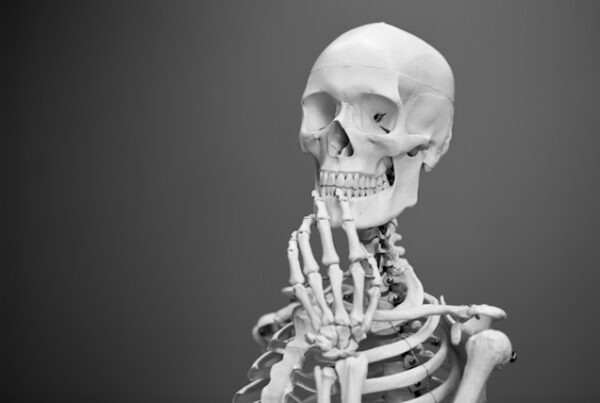
Boosting Bone Health and Immune Function with Sermorelin and Testosterone Stacking




